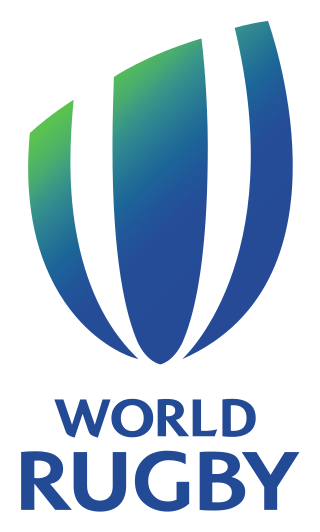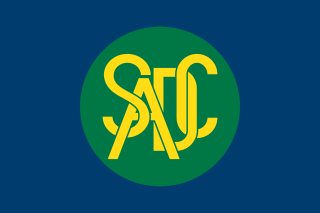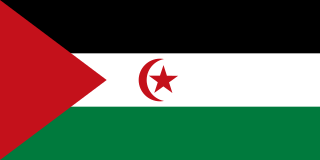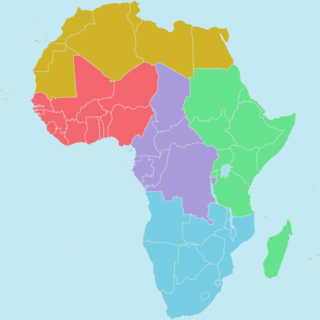Related Research Articles

The European Union (EU) is a supranational political and economic union of 27 member states that are located primarily in Europe. The union has a total area of 4,233,255 km2 (1,634,469 sq mi) and an estimated total population of over 448 million. The EU has often been described as a sui generis political entity combining the characteristics of both a federation and a confederation.

The euro is the official currency of 20 of the 27 member states of the European Union. This group of states is officially known as the euro area or, commonly, the eurozone, and includes about 344 million citizens as of 2023. The euro is divided into 100 euro cents.

The International Mathematical Union (IMU) is an international non-governmental organization devoted to international cooperation in the field of mathematics across the world. It is a member of the International Science Council (ISC) and supports the International Congress of Mathematicians (ICM). Its members are national mathematics organizations from more than 80 countries.

Rugby union football, commonly known simply as rugby union or more often just rugby, is a close-contact team sport that originated at Rugby School in the first half of the 19th century. Rugby is simply based on running with the ball in hand. In its most common form, a game is played between two teams of 15 players each, using an oval-shaped ball on a rectangular field called a pitch. The field has H-shaped goalposts at both ends.

Tanzania, officially the United Republic of Tanzania, is a country in East Africa within the African Great Lakes region. It borders Uganda to the north; Kenya to the northeast; the Indian Ocean to the east; Mozambique and Malawi to the south; Zambia to the southwest; and Rwanda, Burundi, and the Democratic Republic of the Congo to the west. Mount Kilimanjaro, Africa's highest mountain, is in northeastern Tanzania. According to the 2022 national census, Tanzania has a population of nearly 62 million, making it the most populous country located entirely south of the equator.

The Economic Community of West African States is a regional political and economic union of fifteen countries located in West Africa. Collectively, these countries comprise an area of 5,114,162 km2 (1,974,589 sq mi), and in 2019 had an estimated population of over 387 million.
Civilians under international humanitarian law are "persons who are not members of the armed forces" and they are not "combatants if they carry arms openly and respect the laws and customs of war". It is slightly different from a non-combatant, because some non-combatants are not civilians. Civilians in the territories of a party to an armed conflict are entitled to certain privileges under the customary laws of war and international treaties such as the Fourth Geneva Convention. The privileges that they enjoy under international law depends on whether the conflict is an internal one or an international one.

The International Democrat Union (IDU) is an international alliance of centre-right political parties. Headquartered in Munich, Germany, the IDU consists of 84 full and associate members from 65 countries. It is chaired by Stephen Harper, former Prime Minister of Canada, two affiliated international organizations and six affiliated regional organizations.
International human rights law (IHRL) is the body of international law designed to promote human rights on social, regional, and domestic levels. As a form of international law, international human rights law are primarily made up of treaties, agreements between sovereign states intended to have binding legal effect between the parties that have agreed to them; and customary international law. Other international human rights instruments, while not legally binding, contribute to the implementation, understanding and development of international human rights law and have been recognized as a source of political obligation.

World Rugby is the world governing body for the sport of rugby union. World Rugby organises the Rugby World Cup every four years, the sport's most recognised and most profitable competition. It also organises a number of other international competitions, such as the World Rugby Sevens Series, the Rugby World Cup Sevens, the World Under 20 Championship, and the Pacific Nations Cup.

The Southern African Development Community (SADC) is an inter-governmental organization headquartered in Gaborone, Botswana.

The Congress of South African Trade Unions is a trade union federation in South Africa. It was founded in 1985 and is the largest of the country's three main trade union federations, with 21 affiliated trade unions.

The Southern African Customs Union (SACU) is a customs union among five countries of Southern Africa: Botswana, Eswatini, Lesotho, Namibia and South Africa. Its headquarters are in the Namibian capital, Windhoek. It was established in 1910.

The G20 or Group of 20 is an intergovernmental forum comprising 19 sovereign countries, the European Union (EU), and the African Union (AU). It works to address major issues related to the global economy, such as international financial stability, climate change mitigation and sustainable development.

The African Union (AU) is a continental union consisting of 55 member states located on the continent of Africa. The AU was announced in the Sirte Declaration in Sirte, Libya, on 9 September 1999, calling for the establishment of the African Union. The bloc was founded on 26 May 2001 in Addis Ababa, Ethiopia, and launched on 9 July 2002 in Durban, South Africa. The intention of the AU was to replace the Organization of African Unity (OAU), established on 25 May 1963 in Addis Ababa by 32 signatory governments; the OAU was disbanded on 9 July 2002. The most important decisions of the AU are made by the Assembly of the African Union, a semi-annual meeting of the heads of state and government of its member states.

The Federation of South African Trade Unions (FOSATU) was a trade union federation in South Africa.

The member states of the African Union are the 55 sovereign states that have ratified or acceded to the Constitutive Act of the African Union to become member states to the African Union (AU). The AU was the successor to the Organisation of African Unity (OAU), and AU membership was open to all OAU member states.

The Sahrawi Arab Democratic Republic, also known as the Sahrawi Republic and Western Sahara, is a partially recognized state, recognised by 46 UN member states, located in the western Maghreb, which claims the non-self-governing territory of Western Sahara, but controls only the easternmost one-fifth of that territory. Between 1884 and 1975, Western Sahara was known as Spanish Sahara, a Spanish colony. The SADR is one of the two African states in which Spanish is a significant language, the other being Equatorial Guinea.

The member states of the African Union (AU) are divided into five geographic regions of the African Union.
References
- ↑ "Members of the Interim Standing Committee (ECOSOCC)" (PDF). Africa-Union.org. 29 March 2005. Archived from the original (PDF) on 5 December 2010. Retrieved 6 November 2010.